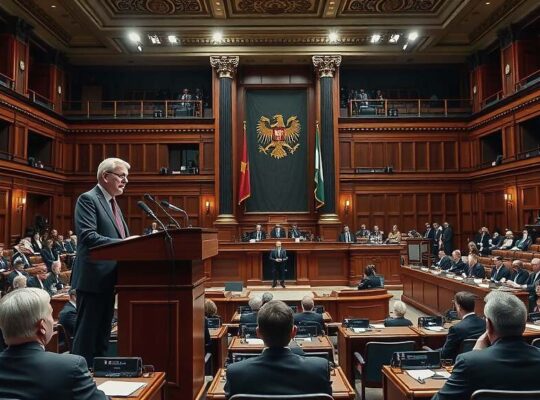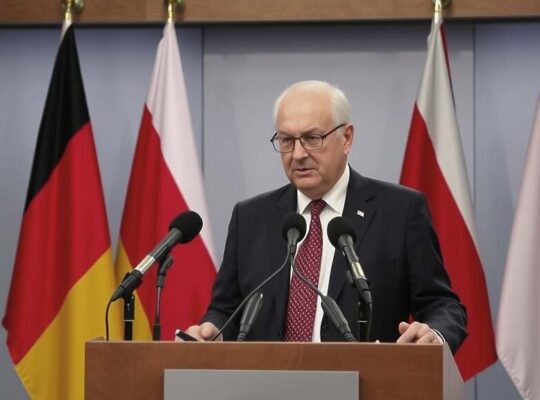The German government is facing increasing scrutiny over its silence regarding a desperate plea from Afghan asylum seekers stranded in Pakistan, who fear extradition to the Taliban regime. Government spokesman Stefan Kornelius, responding to inquiries from the dts Nachrichtenagentur on Monday, stated that while public appeals are acknowledged, they will not be publicly commented upon.
The response underscores a growing disconnect between the government’s procedural stance and the human cost of its policies. The Afghan asylum seekers, in a letter initially reported by the Süddeutsche Zeitung, explicitly voiced their profound fear of a violent end should they be returned to Afghanistan. They are appealing to Chancellor Scholz to intervene and guarantee their safety, describing their situation as “desperate” and placing their lives at risk.
The asylum seekers’ letter directly addresses a recent offer from Interior Minister Alexander Dobrindt (CSU), suggesting a monetary incentive for individuals to waive their claim for protection. Their rebuttal, articulated with stark clarity, rejects this proposal, arguing that their flight is motivated by the threats of violence and death, not economic hardship. “We are not fleeing poverty, but violence and death” the letter states, highlighting the inadequacy of a financial solution to their predicament.
Critics are now questioning the government’s approach, accusing it of prioritizing bureaucratic protocols over the immediate needs and safety of vulnerable individuals. The lack of public commentary, coupled with the seemingly cold response to the Afghan’s plea, raises concerns about Germany’s commitment to humanitarian obligations and its responsibility to protect those facing persecution. The incident also adds further complexity to Germany’s ongoing efforts to manage migration flows and to navigate its relationship with the Taliban-led government in Afghanistan. The silence from Berlin risks exacerbating the anxiety and uncertainty faced by the stranded asylum seekers and is fueling a broader debate about the ethical considerations underpinning asylum policy.












